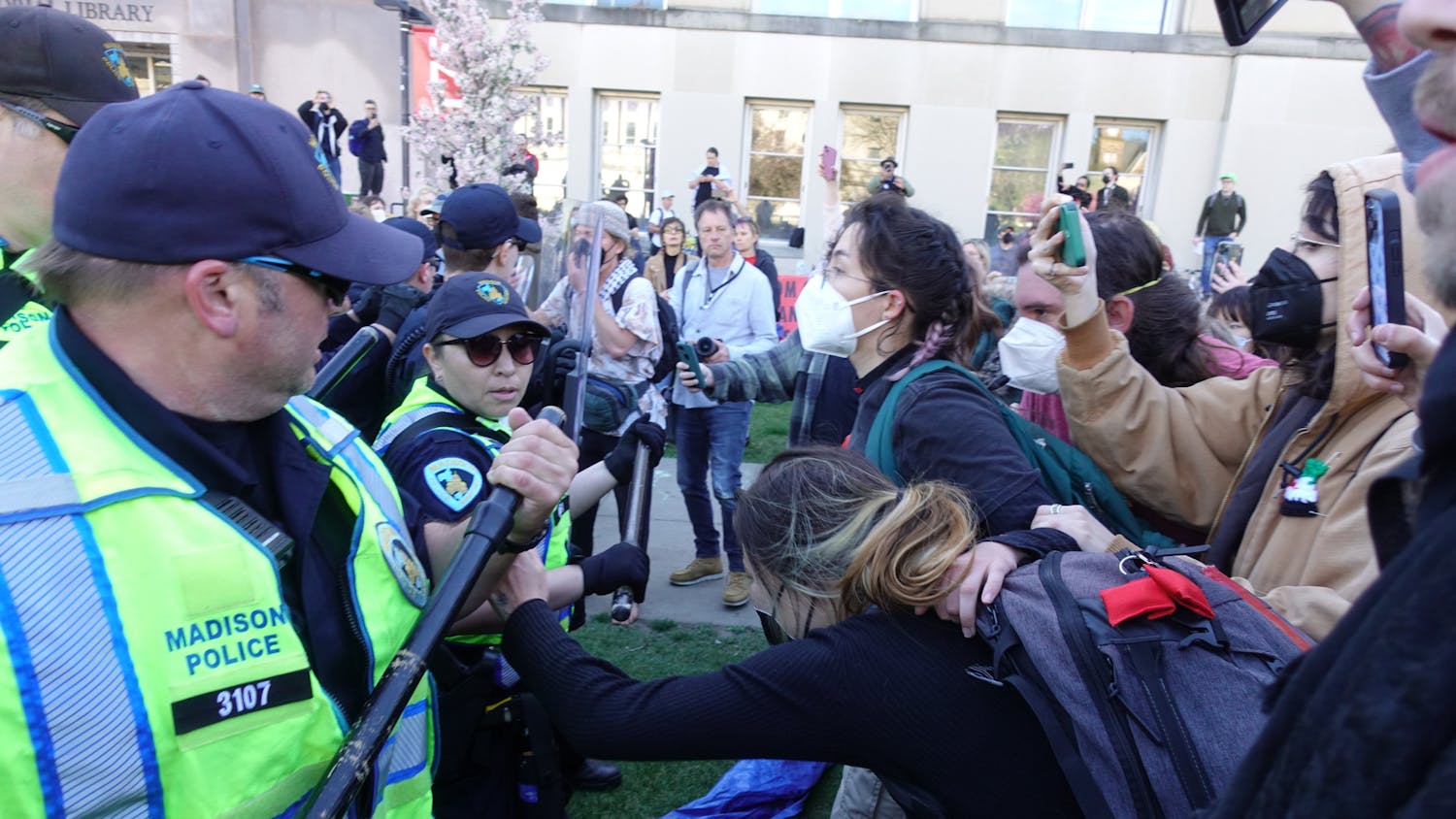Six days ago, Madison economic officials faced reality: They were not in contention to be the home of Amazon’s second headquarters.
The location will be a complete second headquarters and receive $5 billion in investment from Amazon. The company expects the headquarters to produce 50,000 long-term employees and tens of thousands of others through the construction of the facility.
The proposal was likely a longshot, arguably one that Madison never had a shot of winning in the first place. First, Amazon preferred the location be a metropolitan area with more than one million people and the company’s Request For Proposal also preferred for the city to be near an international airport with flights to New York, Seattle, San Francisco and Washington D.C.
Both of these preferences are qualities the greater Madison area lacks.
Regardless, Economic Development Director Matthew Mikolajewski still believes submitting a proposal was valuable, namely because it alerts Amazon or other tech businesses to the opportunities in the greater Madison area.
“From our perspectives, it was not unexpected that we didn’t make the second round given their initial requirements but we also think it was a good opportunity to put a positive foot forward for the city of Madison,” he said.
But Mayor Paul Soglin has conveyed mixed reactions to Amazon’s decision.
On his campaign page, Soglin’s view mirrored Mikolajewski, writing the headquarters was “unrealistic for Madison.” He added that, “Amazon does as much, if not more, than Walmart - it undermines local small businesses.”
However, on his personal Facebook page, Soglin said Madison never had a shot because of policies enacted by Scott Walker.
“Scott Walker destroyed Wisconsin’s chance to land Amazon HQ2. Absent sustainability, transportation-- roads, bicycles, walk-ability, high speed communications, diversity we never had a chance,” he wrote.
He said similarly in his prior announcement of Madison’s bid for the headquarters.
“We’ve been dealt two very severe blows to make this successful by the state, and one of them is pending right now,” said Soglin, referring to Madison’s lack of a regional transit center and the state’s consideration of eliminating a municipality's right to condemn new roads in order to extend a recreational trail.
Mikolajewski said that without asking “what-if,” having more resources wouldn’t have hurt.
He added that while Madison may have not had the specific amenities Amazon was looking for, their requests are a gauge for what future RFP’s may desire.
“It is important to be mindful that Madison is providing the amenities that a modern workforce would desire and certainly a good mass transit system is one of those amenities,” he said.
Mikolajewski added that there will be other opportunities ahead and that it’s important the state is committed to building Madison to be as enticing a location as possible.
“This question is, ‘What are we doing as a community to make sure we are at the top of the list of cities that those companies want to go to?’” he said. “So from that perspective, yes, there are things the state could do to better help put Madison in that position.”






